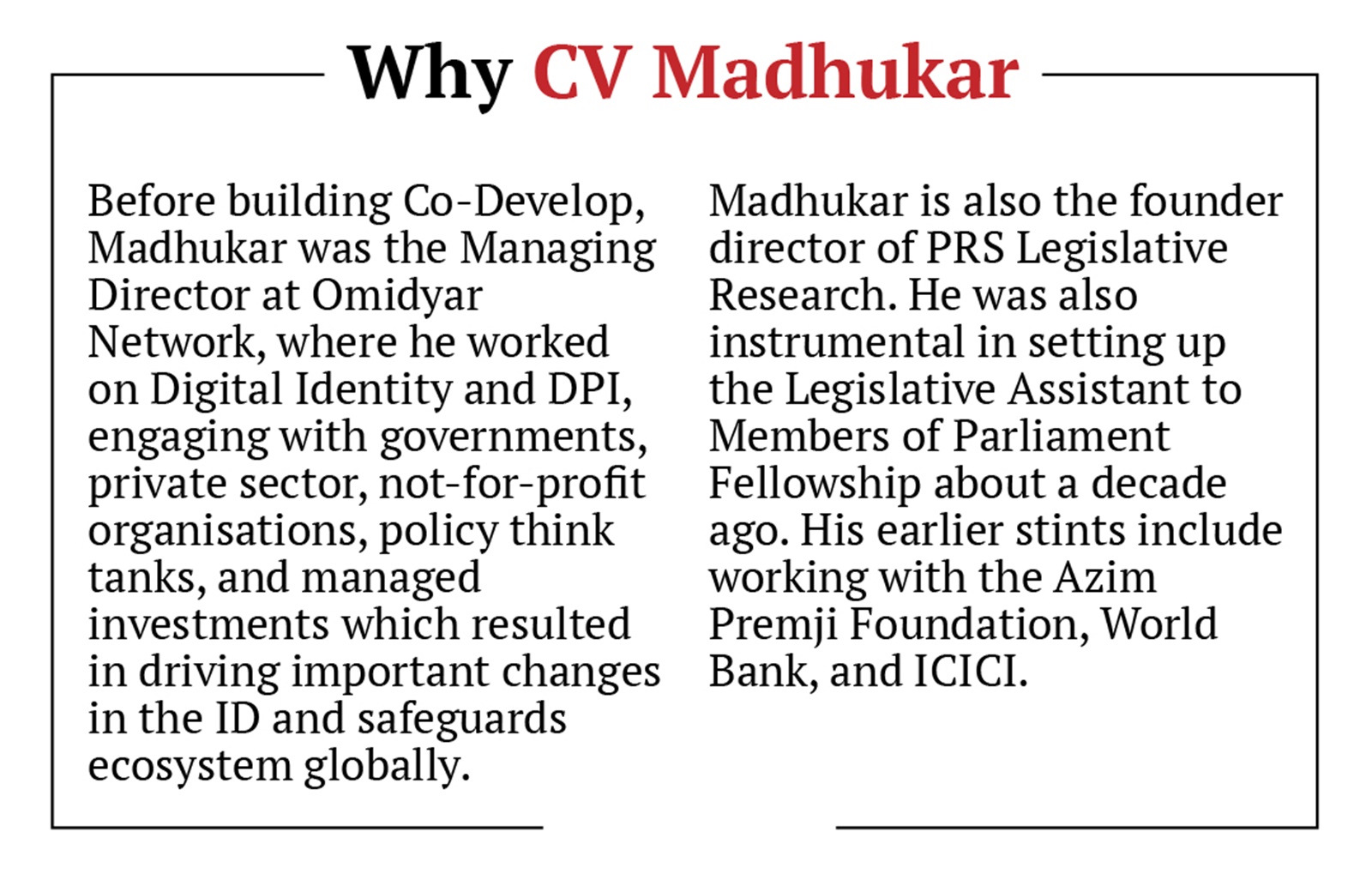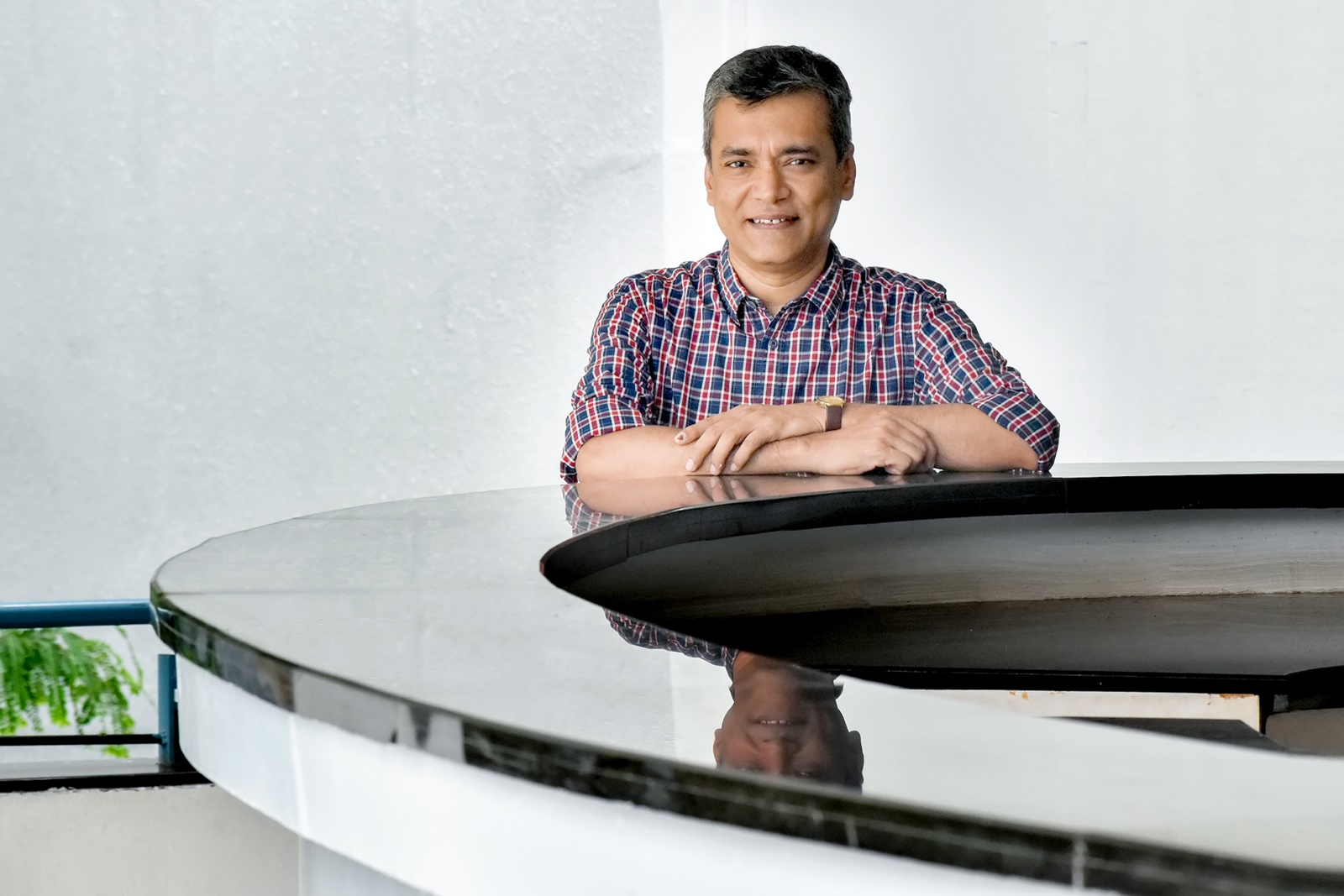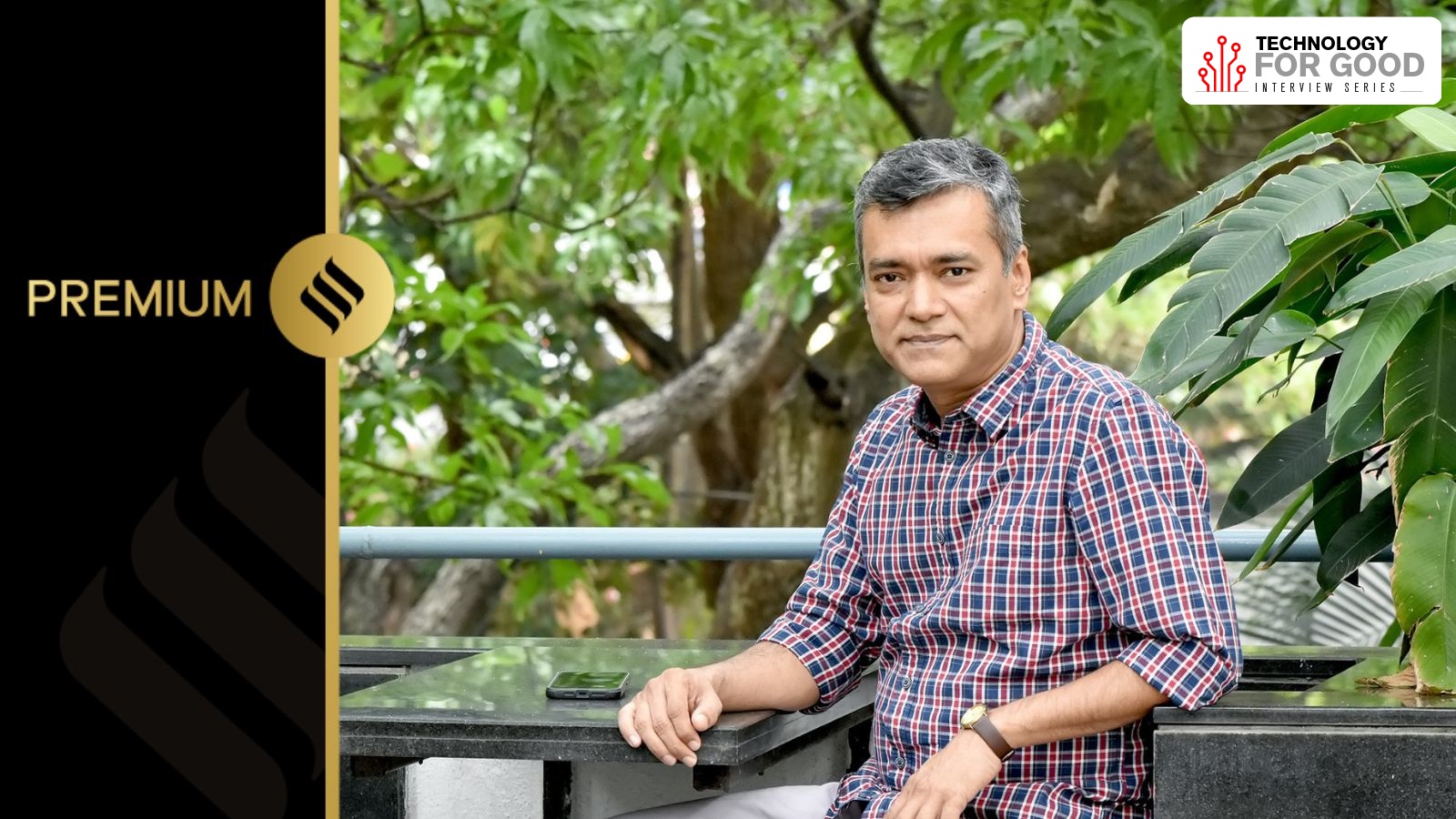CV Madhukar is the CEO of Co-Develop, a global non-profit fund that helps countries build digital solutions that leverage a Digital Public Infrastructure (DPI) approach to make digitisation affordable, safe and equitable.
Co-Develop seeks to unlock bottlenecks in the adoption of DPI approach, curating investible projects, making strategic financial grants, and building an evidence base to understand the impact of DPI. It proposes to help deploy DPI-based projects in 50 countries in the next five years. It also looks to provide pilot grants to organisations in the countries it operates to demonstrate early success, so that it will help in easier adoption of DPI principles.
Madhukar spoke to indianexpress.com on the challenges in building DPI, the requirements of safeguarding equity and privacy in the digital transformation efforts of countries, and how DPI-based systems provide affordableand sustainable digital solutions for countries. Edited excerpts:
Venkatesh Kannaiah: Why Co-Develop? What are your goals and how do you intend to achieve your goals?
CV Madhukar: Co-Develop is trying to change the mental models of governments to build and leverage technology around the world. You must understand that countries approach digital solutions in silos and try to build full stack tech solutions to resolve these issues. They call for a tender or RFP, select a tech vendor and then build a solution to resolve a problem, and go on repeating this process for similar problems across the country. None of these solutions talk to one another, and when we want to build something similar, the process starts all over again. This is what we want to change. The simple analogy is we build a road, where everyone can use it, not try to build a road individually and everytime when each one wants to go to a place. We need to look at shared resources, shared infrastructure and shared solutions, and build tech for the same. Taking a DPI approach is the solution and our role is to catalyse this journey with strategic grants, working with governments, institutions, academics and bringing a set of larger institutions into the process.

For example, when a country is keen on a particular open source DPI approach to build a digital solution but is unsure of its results, our partners work closely with them to refine the problem statement and propose several viable approaches. We also showcase these efforts to a larger number of global organisations such as the World Bank, UNDP, or to a larger ecosystem of foundations, including large philanthropies.
We are not the tech solutions provider or the problem statement generator, nor the implementer of the project. We only bring all the players together and catalyse the engagement.
Venkatesh Kannaiah: It has been a little over a year since you started Co-Develop. What are your learnings?
CV Madhukar: We are very encouraged by the interest in various countries. We have a goal of supporting 50 countries in the next five years, and most of the time it is the countries that come to our partners for building solutions.

Covid has changed the perspective and attitude in many countries. Many of them have suffered in their inability to resolve issues at scale, whether it was a vaccination or providing digital certification for vaccination, keeping track of the health systems or providing cash transfers to people at scale.
This has led them to look at countries like India, where these issues have been resolved with minimal hurdles and the Indian experience gives these countries hope and confidence in the digital public infrastructure approach.
There are various solutions that our partners are working on; for example, in one country, there is an effort underway to improve the beneficiary experience for emergency payments for migrant workers. There is another country, where our partners are working on the issue of digitising payments to health workers, leveraging existing shared infrastructure. In another country, our partners are working to build a digital credential system for government documents, including education certificates.
Venkatesh Kannaiah: India has been a leader in the DPI space. How is this experience informing the approach of Co-Develop?
CV Madhukar: You must understand that the Indian experience with Aadhaar, UPI, Jan Dhan, Covid certificates have had a huge influence on many countries around the world. From their perspective, it is not some small wealthy European country which has solved these problems, which they could ignore as not being relevant to their country. With India and its size, population and scale of problems, solving such issues with a DPI approach is an eye-opener.
Moreover, it is not just the tech solutions that interest them. It is also how we have looked into different problem statements and have come up with solutions. Also, how seamless and flexible DPI is to build newer applications and solutions is of interest to them.
Venkatesh Kannaiah: While technology adoption is critical, what are you doing about inclusion and safeguards?
CV Madhukar: In one sense, tech is perhaps the easier part. It is understanding of user requirements, hangover of legacy systems, alignment of interests between various stakeholders, governments and other actors in the system. It is also about building robust systems with privacy safeguards and keeping bad actors out of the system.
During the building of these systems in various countries, our partners connect with civil society organisations, think tanks and user communities to understand the ecosystem, and give some suggestions. Another issue is building models for safe access and protection of data. We fund such initiatives in this regard.
At the end of the day, we work with various governments and bring such best practices to their notice and sensitise them to the global standards of inclusiveness and privacy.

Venkatesh Kannaiah: Can you tell us about the kind of projects that you fund and your expectations from the same?
CV Madhukar: We engage with organisations that work with governments on tech design and policy, that build and maintain reusable open-source code bases that can help build DPI-based solutions, initiatives that help governments, civil society and system integrators, and organisations that measure and research DPI’s impact and good practices.
For instance, many countries around the world still do not have a reliable method of recording vital events like births and deaths. To take on the challenge, we fund OpenCRVS – Civil Registration and Vital Statistics (CRVS) system which records the details of all major life events, such as births and deaths. It makes civil registration easy and valuable for everyone by developing high-quality and cost-effective digital systems. It works with governments to make this process simpler and easier. In some cases, it also integrates civil registration and digital identity and puts civil registration at the heart of government service delivery.
We fund the Mojaloop Foundation whose open source software lowers the cost to build, maintain and modify an inclusive instant payment system that brings affordable, connected digital financial services to anyone with access to a mobile phone. Mojaloop’s open source blueprint removes barriers, including time, money and technical complexity,that have hindered payment models from meeting the digital financial needs of unbanked people.
OpenG2P is an open source platform that enables governments and humanitarian organisations to deliver critical social benefits directly to those who need them. It facilitates the building of secure, inclusive and efficient registries, programme management capabilities and digital cash transfer delivery systems. OpenG2P offers several modules to digitise processes of the social benefit delivery chain, including both beneficiary-facing and government-facing processes. The platform is modular, interoperable, scalable, and secure.
We also fund the Centre for Digital Public Infrastructure (CDPI) in IIIT- Bengaluru, which offers pro bono tech architecture advisory. The team at CDPI is passionate about leveraging the DPI approach to solve complex and emergent digitisation efforts.
Venkatesh Kannaiah: What are the key challenges that you face in helping countries digitise using a DPI approach?
CV Madhukar: You must understand that the solutions that countries build should be scalable, secure, interoperable, and also affordable. Even now full stack solutions have been built at a great expense and often result in vendor lock. We have an opportunity to build in open source and enable it to be flexible enough to meet the requirements of the day, but those even which might arise in the future. There is a DPI way of thinking and that is what we are trying to bring in.
Also, though India is a huge inspiration in the way it has tackled the challenges of identity, payments and privacy, there are a lot of initiatives globally which have tackled issues of a similar nature, say Brazil with its payment system Pix or Estonia with its data exchange platform. We look to diverse experiences and take learnings from around the world, as one size does not fit all.


